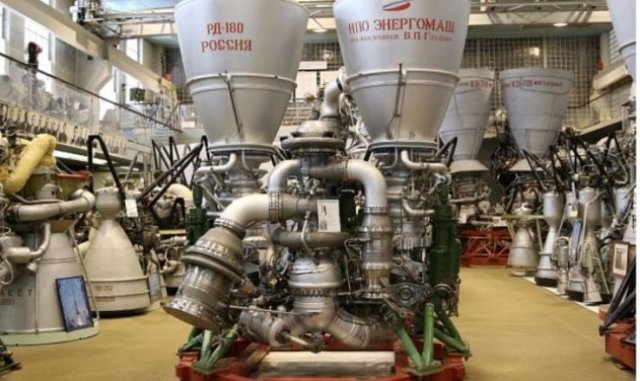The global market does not have enough rockets to launch satellites. SpaceNews writes about this with reference to the heads of American space companies.
According to Tim Ellis, executive director of Relativity, we are talking about the period between 2024 and 2027, when, in particular, it is planned to launch the Amazon Kuiper spacecraft.
A similar point of view was expressed by the executive director of the United Launch Alliance (ULA), the operator of RD—180 engines, Tori Bruno, who blamed Russia for the shortage of missiles due to its withdrawal from the global launch services market. "Now, for the first time in 30 years, there is a global shortage of launch capacities," the head of the alliance said.
According to Bruno, the situation with the shortage of missiles has already begun and will last about ten years. The head of ULA added that the successful certification of the Vulcan Centaur rocket, which is used by the alliance, will allow it to be launched every two weeks.
Commenting on these opinions, SpaceX, which has reusable Falcon 9 rockets, said that they are ready to increase the annual number of launches from the planned 100 to 200.
In January, the Vulcan Centaur rocket arrived at the Florida spaceport for its first launch, scheduled for May. The carrier will replace the Atlas 5 rocket.
In August 2021, The Verge, referring to Bruno, reported that ULA had stopped selling Atlas 5 heavy carriers and would no longer purchase Russian RD-180 first-stage engines for them.

